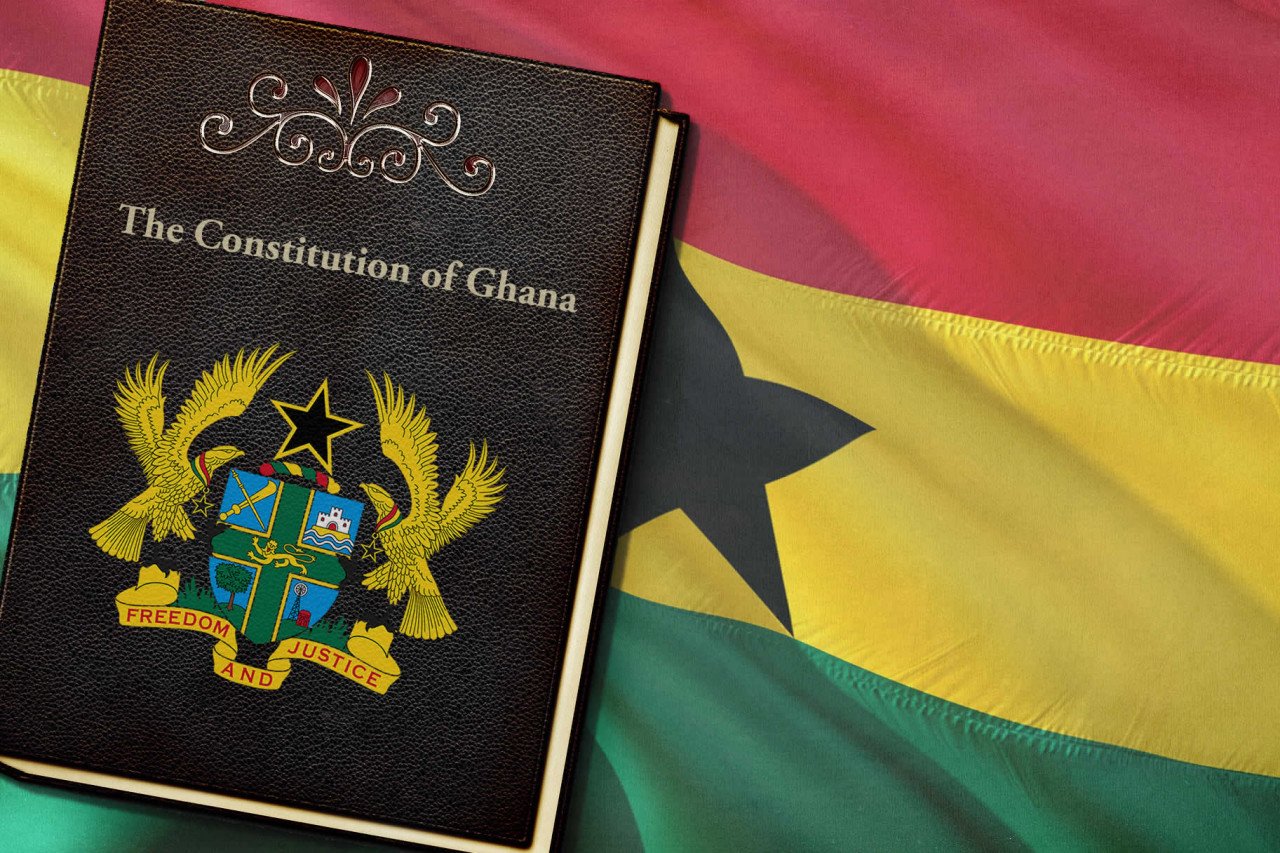The National Commission for Civic Education (NCCE) has called for a relook at the country's 1992 Constitution and has proposed that there should be reforms to promote participatory democracy and consolidate political gains.
According to the NCCE, such a reform would also help tackle constitutional deficits and aspects of the 1992 Constitution that seemingly bred apathy in the public, disengaged the public in major aspects of governance at both the grassroots and national levels, deepened marginalisation, promoted excessive powers of the Executive and festered the course of corruption.
The Commission said this in a statement issued by Ms Josephine Nkrumah, its Chairperson in Accra to mark this year's Constitution Day.
It noted that despite the gains, strengthening the country's democracy by reforming and improving its constitutional infrastructure must be a national priority.
READ ALSO: Police begin review of 31st night prophecies for possible prosecution of ‘prophets’
"Our constitutional framework is anchored on the cardinal pillars of freedom, justice, probity and accountability, liberty, equality of opportunity and prosperity.
The dynamism of these principles must empower Ghanaians and our constitution must be responsive to the evolving needs of its citizenry "This will promote a sense of belonging and ensure the collective ownership and participation of every citizen from the grassroots to the national level in our democratic journey," the Commission, said.
January 7 was set aside in 2019 to commemorate the birth of the 1992 Constitution, which ushered in the Fourth Republic.
The Day, dubbed the " Constitution Day", aside from acknowledging Ghana’s longest-serving Constitution, also ensures that the tenets of democracy, liberty, democratic governance, rule of law, accountability, constitutionalism are upheld.
The NCCE said having uninterrupted Constitutional rule for 29 years was a milestone that must be celebrated recalling the chequered political history and the overthrow of three previous Republican Constitutions, which were truncated by military interventions.
The Commission enjoined the citizenry to celebrate the Fourth Republican 1992 Constitution, and also encouraged the study of the fundamental law as a guide to civic rights and responsibilities.
It reminded Ghanaians of their collective commitment to uphold and defend the 1992 Constitution against interference and interruptions.
"As article 3(4) of the 1992 Constitution reminds us, every citizen of Ghana has a duty to defend the Constitution, must stand in defence against any person, group or issue that threatens the very fabric of our democracy, and must reject oppressor’s rule in any form or anything that seeks to disturb the peace and stability we enjoy."





